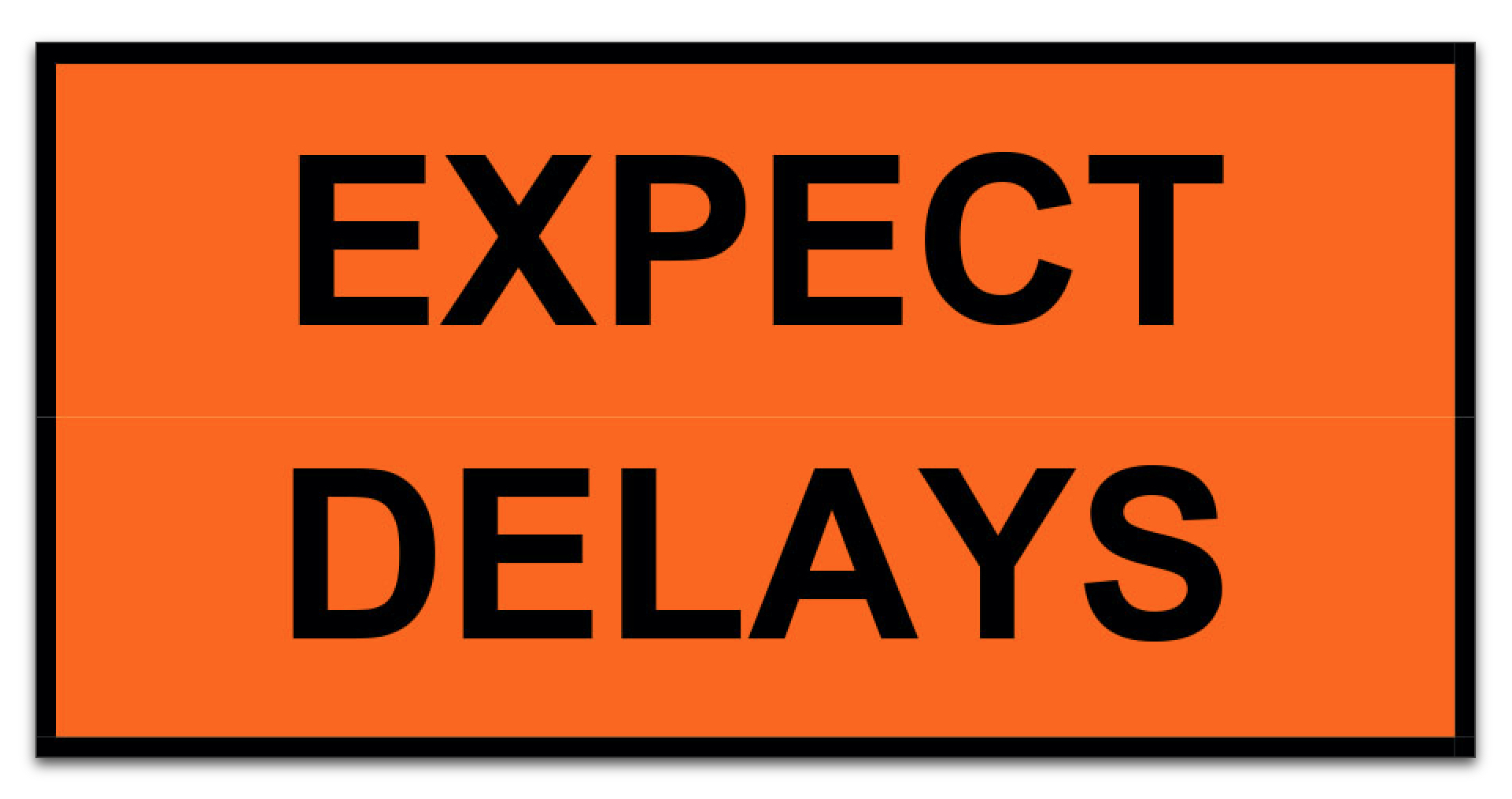We post news and comment on federal criminal justice issues, focused primarily on trial and post-conviction matters, legislative initiatives, and sentencing issues.

DOJ ISSUES FIRST STEP ANNUAL REPORT
The First Step Act required the Dept. of Justice to issue five annual reports describing the implementation of various First Step programs. Last week, the DOJ released its third of the five reports required by law.
 It reminds me of the old joke about skimpy bathing suits: What they reveal is interesting, but what they conceal is vital. With the end of CARES Act home confinement tomorrow at midnight, perhaps the biggest issues I see arising – judging from the email I get – are FSA credit eligibility, timely posting of FSA credits by the BOP, and the definition of “unstructured productive activities.” The Report is chock-a-block with stats and dense prose, but it falls pretty short in providing much useful information about these three areas.
It reminds me of the old joke about skimpy bathing suits: What they reveal is interesting, but what they conceal is vital. With the end of CARES Act home confinement tomorrow at midnight, perhaps the biggest issues I see arising – judging from the email I get – are FSA credit eligibility, timely posting of FSA credits by the BOP, and the definition of “unstructured productive activities.” The Report is chock-a-block with stats and dense prose, but it falls pretty short in providing much useful information about these three areas.
Eligibility: The Report says that 53% of prisoners have minimum or low recidivism risk. Another 20% are medium risk while 27% are high risk. When the 63-category exclusions from FSA credit listed in 18 USC § 3632(d)(4)(D) are factored in, only 57% of all BOP inmates are eligible for FSA credits.
For much of that the under-subscription, you can blame Congress, which in its zeal to pass First Step confused the goal of putting prisoners in programs to reduce recidivism – which is to reduce recidivism – with a reward that should be withheld from some people because of their offenses of conviction. What this means, of course, is that some of the inmates whom society most needs to have rehabilitated – like people who run around with guns committing drug crimes or bank robberies – are the ones being denied incentives for changing their evil ways.
 Timely FSA Credit Update: Monthly updating of FSA credits for inmates is important for release planning as well as psychologically (it’s easier to be enthusiastic about a program when you can see regular progress: that’s why the airlines keep sending you emails telling you how many frequent flier miles you have amassed). The BOP’s history in tabulating FSA credits and reporting accurate numbers to prisoners is littered with failure.
Timely FSA Credit Update: Monthly updating of FSA credits for inmates is important for release planning as well as psychologically (it’s easier to be enthusiastic about a program when you can see regular progress: that’s why the airlines keep sending you emails telling you how many frequent flier miles you have amassed). The BOP’s history in tabulating FSA credits and reporting accurate numbers to prisoners is littered with failure.
Not that you can tell that from the Report. Breezing past history, the Report says that “in August 2022, the Bureau began automatically calculating credits for individuals, which promotes consistency, allows the BOP to provide accurate calculations on a routine basis, and allows individuals in custody to track their time credits and prepare for prerelease from custody.” In fact, the August auto-calc launch was a disaster. The BOP successively promised at the end of September, in October, in mid-November, and at least twice in January 2023 that auto-calc was finally working. I still get emails weekly from different institutions asking me when FSA credits will update for the preceding month.
No Structure to ‘Unstructured Productive Activities’: The FSA credit program not only awards credits for completing programs. It also rewards participation in “productive activities.” The BOP has defined what some of those are but also includes a catch-all for ‘unstructured productive activities’, which might include work, adult education classes, independent study or leading an inmate recreation group.
 It might include a lot, sort of like defining mammals as elephants, giraffes, and ‘perhaps all other non-elephants and non-giraffes with mammary glands. We get the elephants and giraffes part of it, but exactly what else might there be?
It might include a lot, sort of like defining mammals as elephants, giraffes, and ‘perhaps all other non-elephants and non-giraffes with mammary glands. We get the elephants and giraffes part of it, but exactly what else might there be?
The Report does not contribute at all to answering the question of just what an “unstructured productive activity” might be. One line of the Report says, “Moreover, while structured [evidence-based recidivism reduction] programs and [productive activities] with a facilitator-led curriculum are listed in the FSA Programs Guide, other activities, such as work assignments may also be recommended by staff to address individual needs as well as qualify for time credits for eligible individuals in custody.”
“Recommended by staff” without any central guidance seems like a recipe for inconsistency among different facilities, let alone possible favoritism among individual staff and inmates. In other words, it seems that the method of defining what an unstructured PA might be is itself just a little too unstructured.
Just a week ago, a Government Accountability Office manager noted the “BOP remains unable to provide a simple list of ‘unstructured activities’” that qualify for FSA credits… And in terms of what programs that might be made available, like, there are a lot of recidivism reduction programs that just haven’t been evaluated, that haven’t been monitored. So BOP doesn’t really have a good sense for how effective they are.”
Nothing in last week’s Report even acknowledges any of these problems, let alone suggests that it is being addressed.
DOJ, First Step Annual Report – April 2023 (issued May 2, 2023)
Federal News Network, How Bureau of Prisons can escape its own cage (April 25, 2023)
– Thomas L. Root





